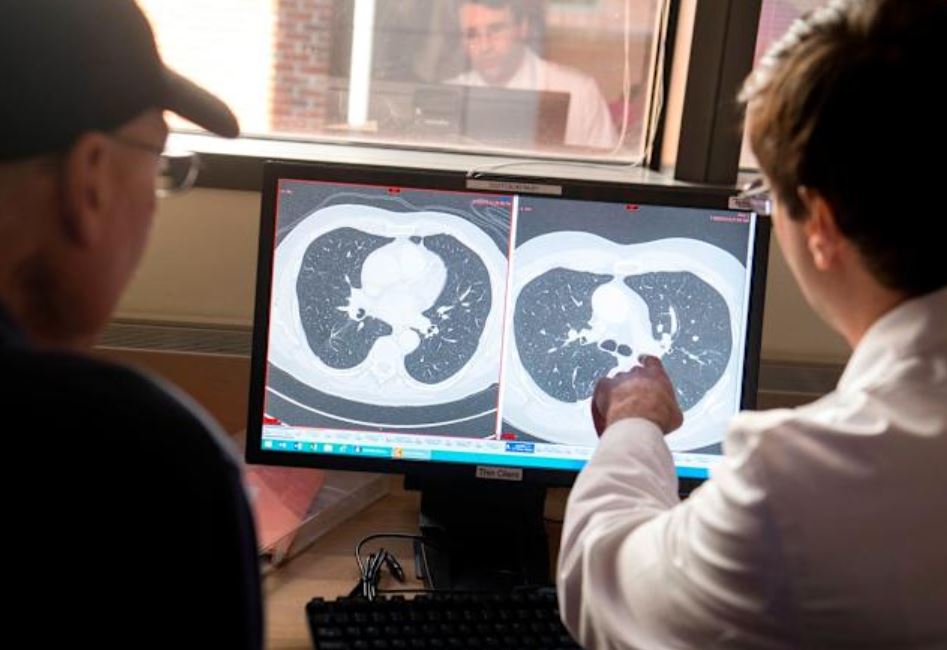 FaceAge is an AI model that could soon change the way cancer is treated – all with a simple selfie. By comparing how old you look with your actual age, it transforms a subjective guess into a measurable indicator that can help guide treatment decisions.
FaceAge is an AI model that could soon change the way cancer is treated – all with a simple selfie. By comparing how old you look with your actual age, it transforms a subjective guess into a measurable indicator that can help guide treatment decisions.
Developed to support doctors in planning treatments, FaceAge turns early health assessments into data that can be counted on. “One of the first things doctors do with cancer patients is assess their overall health,” explains Hugo Aerts, director of the AI in Medicine Programme at Mass General Brigham. That initial impression often shapes decisions on just how aggressive a treatment should be.
To build the model, researchers trained it on over 58,000 images of people aged 60 and above to set a baseline for what healthy ageing should look like. Although it estimates chronological age, the model also highlights that biological age might tell a very different story. Tests on more than 6,000 cancer patients showed that, on average, patients appeared about five years older than their actual age. More importantly, those who looked older tended to have lower survival rates, regardless of their true years.
Even with these promising findings, FaceAge isn’t ready for everyday use. The training data comes from sources like IMDb and Wikipedia, which might not fully capture real-world diversity – factors such as cosmetic surgery or lifestyle choices could tip the balance. More research is needed to fine-tune the model and ensure it performs accurately across different groups.
Looking forward, researchers hope to refine FaceAge so it can help customise treatments, whether it’s radiation or chemotherapy, to meet each patient’s unique needs. An upcoming clinical trial will compare its performance with traditional frailty assessments. At the same time, ethical guidelines will be essential to ensure that sensitive data isn’t misused, especially in contexts like insurance.
Remember, FaceAge isn’t here to replace a doctor’s judgement. Instead, it could emerge as an extra tool – much like a new vital sign – to help personalise care and improve treatment outcomes.








